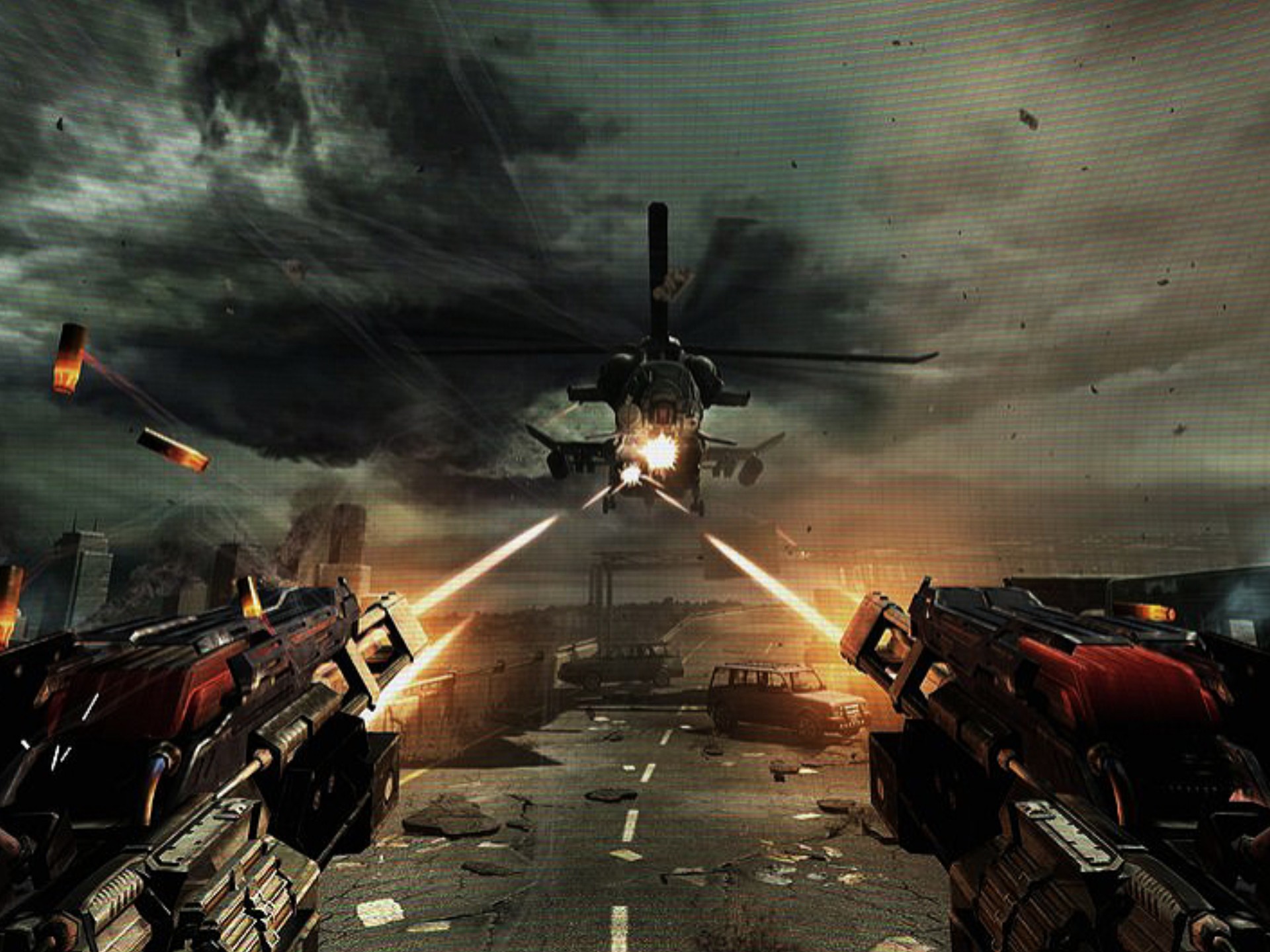The Next Generation of Deep Game News Delivery: Beyond Headlines and Hype
The video game industry has evolved from a niche hobby into a dominant global cultural and economic force. Yet, for decades, the way we consume news about this medium has remained largely stagnant—reactive, surface-level, and often drowned in hype cycles. The next generation of deep game news delivery is poised to fundamentally reshape this landscape, moving beyond mere announcements and reviews to offer context, analysis, and community-powered insight through intelligent, personalized platforms.
The Limitations of the Current Paradigm
Traditionally, game news has followed a predictable pattern: a burst of articles around a major announcement or trailer, a pre-release review cycle often constrained by embargoes, and a post-launch discourse that quickly fades unless a major controversy or update occurs. This model, primarily driven by the ad-revenue click economy, prioritizes speed and virality over depth. Readers are often left with more questions than answers. What do these gameplay mechanics mean for the overall experience? How does this narrative fit into the developer's previous work? What are the broader implications of a new studio acquisition or a shift in monetization strategy? The current system is ill-equipped to answer these deeper questions in a sustained manner.
Pillars of the Next-Gen Delivery System
The transformation is being built on several key technological and philosophical pillars:
1. AI-Powered Curation and Personalization: Generic news feeds are becoming obsolete. The future lies in AI-driven platforms that learn a user’s specific preferences. Do you care deeply about the technical intricacies of game engines, the narrative design of indie RPGs, or the business strategies of mobile gaming? Next-gen systems will use machine learning to sift through the noise, delivering a tailored feed of analysis, developer interviews, and critical essays that align perfectly with your interests. This isn't just algorithmic sorting; it's about understanding intent and delivering substantive content that fosters a deeper appreciation for the craft.
2. The Rise of Integrated, Long-Form Context: News will no longer exist as isolated articles. Future platforms will seamlessly integrate "deep dives" that connect new information to a rich tapestry of existing context. Imagine reading a news brief about a new patch for Cyberpunk 2077. Instead of just listing the changes, the platform could offer inline links to a video analysis of how the patch affects game balance, a timeline of CD Projekt Red's post-launch support journey, and a forum thread where top community theorists discuss the implications. This turns a simple news item into a starting point for a comprehensive learning experience.

3. Data Visualization and Interactive Journalism: Complex topics like market trends, player sentiment, and technical performance are difficult to convey through text alone. The next generation will leverage interactive data visualizations. Users could manipulate charts tracking a live-service game's player count over time, compare the review scores of a franchise across its history, or explore a network graph showing the connections between developers who have worked at different studios. This makes complex data accessible, engaging, and far more informative.
4. Community as a Co-Creator, Not Just a Commenter: The line between journalist and community will blur constructively. Platforms will better integrate curated community insights directly into their news streams. A breakdown of a new game’s lore might feature the most compelling theories from dedicated Reddit communities. A technical analysis might incorporate benchmark data crowdsourced from thousands of players. This harnesses the collective intelligence of the gaming community, elevating news from a one-way broadcast to a collaborative dialogue.
5. Emphasis on the "Why" and the "How": Beyond reporting what is happening, the focus will shift to why it matters and how it came to be. This means a greater emphasis on investigative journalism that holds powerful entities accountable, critical essays that place games within a wider cultural context, and developer diaries that are treated as primary sources to be analyzed rather than just promotional material. This approach treats games with the same seriousness afforded to film, literature, and music.
The Role of New Media Formats
This deep delivery system will naturally embrace evolving formats.
- Podcasts and In-Depth Video Essays: These will be first-class citizens, fully transcribed, indexed, and integrated into topic-based feeds, allowing users to search for and discover deep-dive content as easily as they would a text article.
- Interactive Documents: Articles could evolve into immersive experiences themselves, containing playable mini-code snippets to explain a programming concept, or embedded interactive models to explore a game's level design.
Challenges and Ethical Considerations
This future is not without its challenges. AI curation risks creating filter bubbles, where players are only exposed to opinions that reinforce their existing biases. Platforms must design for serendipitous discovery and the exposure to diverse perspectives. Furthermore, the reliance on data and community input raises questions about verification and moderation. Establishing trust and maintaining rigorous editorial standards in a more decentralized, automated system will be paramount.
Conclusion: Towards a Deeper Understanding
The next generation of game news delivery is not about faster headlines or more trailers. It is about building a richer, more meaningful connection between games and their audience. By leveraging technology to personalize content, provide deep context, and visualize complex ideas, we can move from a culture of consumption to one of comprehension. This shift empowers players to be more informed critics, more engaged community members, and ultimately, to appreciate the immense artistry and complexity of video games on a whole new level. The future of game news is not just about telling us what’s next; it’s about helping us understand why it all matters.


















